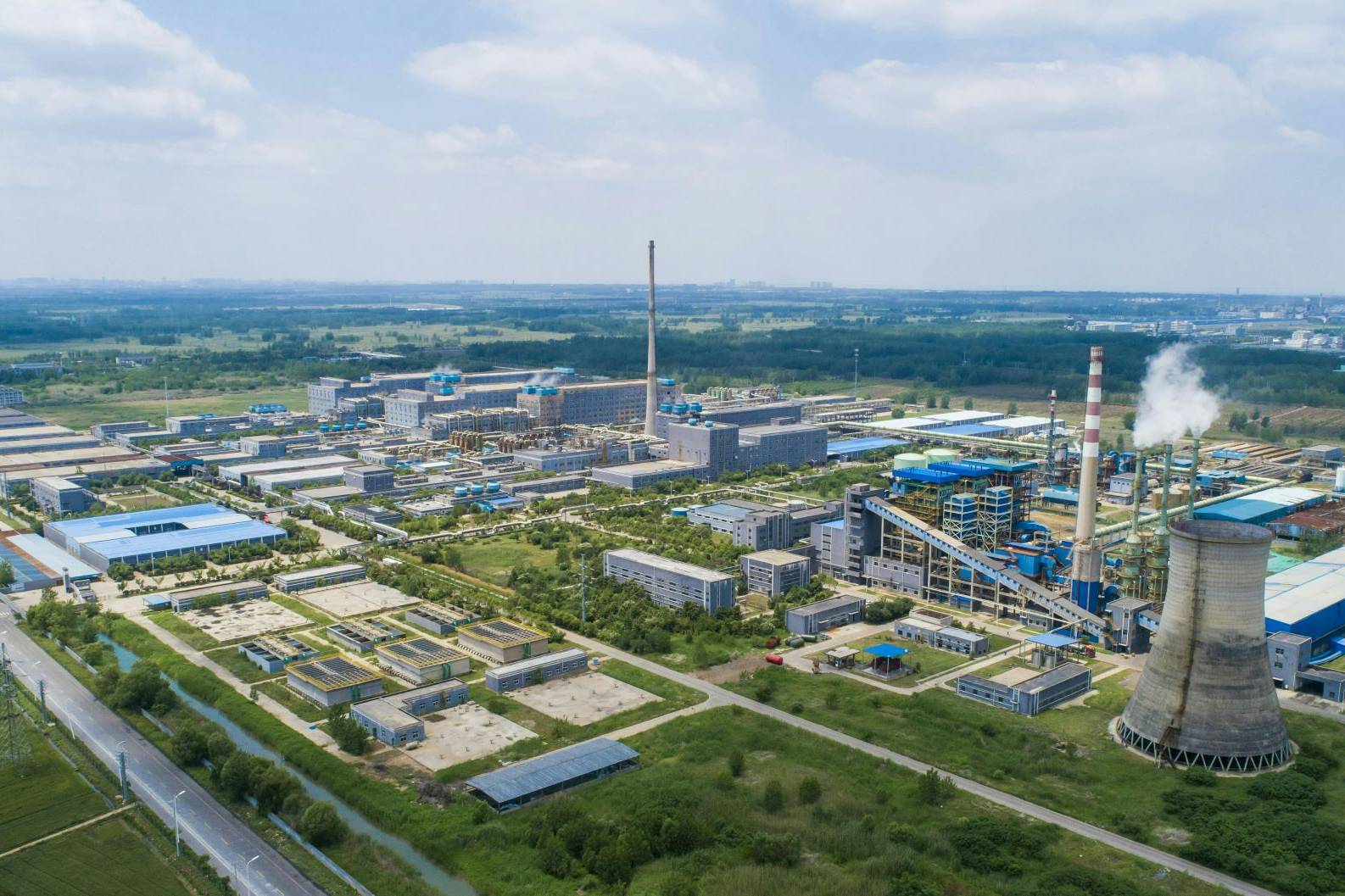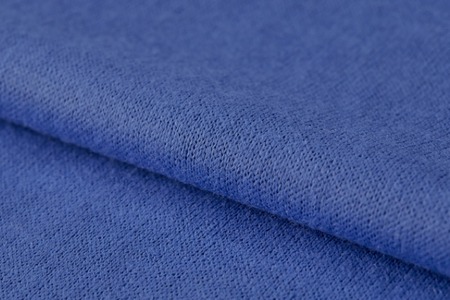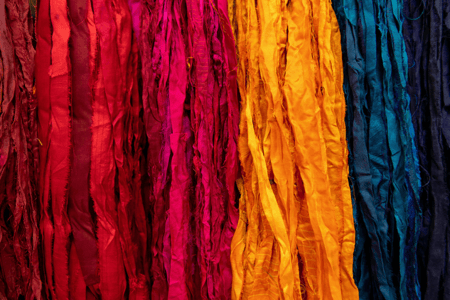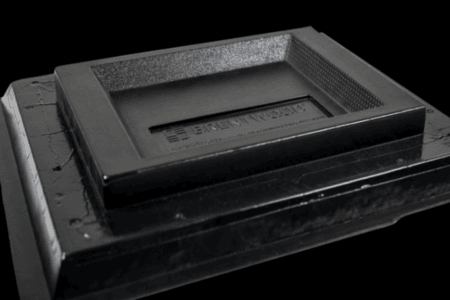
Sateri completes Higg FSLM assessment for its Chinese mills
YarnsandFibers News Bureau 2022-01-25 04:32:00 – ChinaViscose producer, Sateri, reports that all of its five viscose mills in China have passed the Higg Facility Social and Labour Module (FSLM) audit with a consistently high score of more than 80 percent.
As part of the Higg FSLM audit, all of Sateri's Chinese facilities were subjected to an independent assessment of their social and labour standards.
Sateri, which is part of the RGE group of enterprises, claims to be one of the world’s first viscose manufacturers in the world to pass the Higg Facility Environmental Module (FEM) evaluation, with a verified high score of over 80% for all of its viscose mills.
The Higg Index is a set of tools developed by the Sustainable Apparel Coalition, a global, multi-stakeholder non-profit coalition for the fashion industry. It allows brands, retailers, and facilities of all sizes to precisely assess and score their sustainability performance.
The Higg Index's FSLM tool evaluates mill working conditions holistically, encompassing fair salaries and compensation, health and safety, and respectful treatment of workers. Meanwhile, the FEM tool focuses on environmental performance, such as energy usage, greenhouse gas emissions, water use, chemical management, and waste management.
Allen Zhang, president of Sateri, said that in light of increased scrutiny on working conditions in the textile industry, the FSLM tool helps us to identify gaps and chances to improve on social and labour practices. Their high score of more than 80% reflects their continued efforts to protect workers' welfare and provide a positive working environment, particularly in these trying times brought on by the Covid-19 outbreak.
Sateri claimed last month that it was the first lyocell maker in China to be accredited to the Oeko-Tex criteria set by an independent Swiss certification organization.
Market Intelligence
Ask for free sample Report

experience
Customer Base
dedicated team
Countries Served Worldwide









